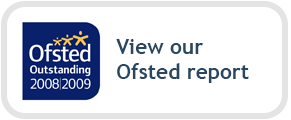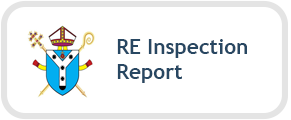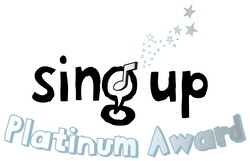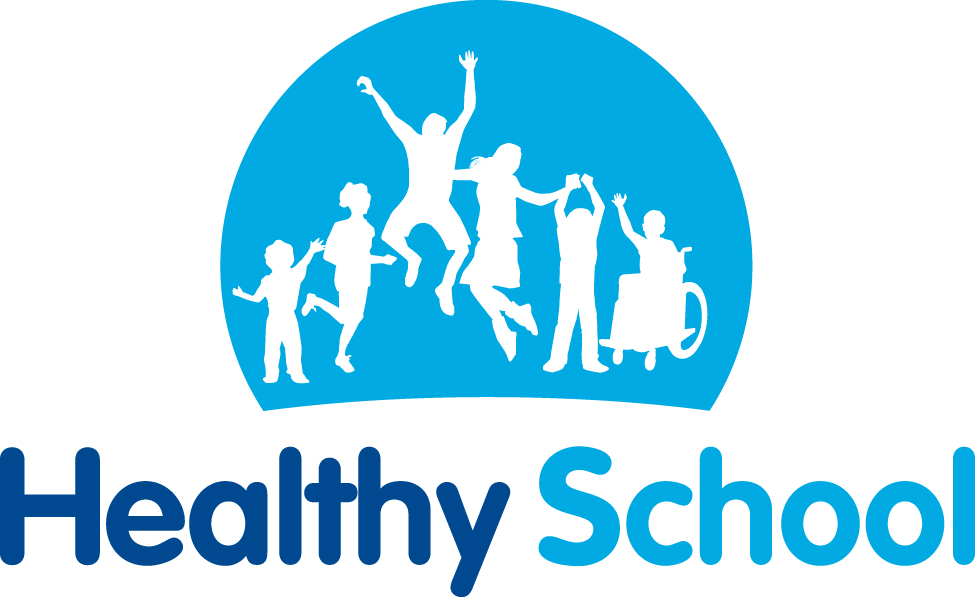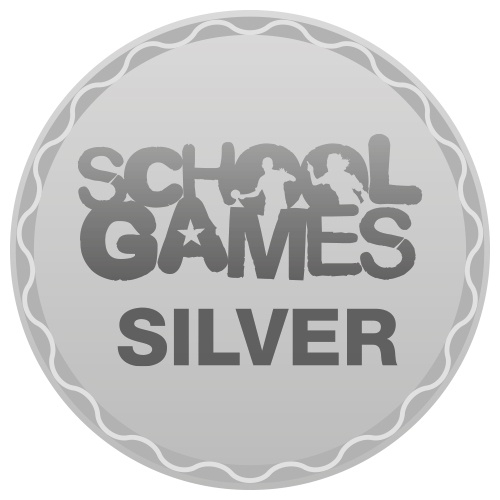Wednesday 20th May Blog Week 7
Date: 19th May 2020 @ 8:36pm
Hello everyone!
I hope you are ready for another day of home learning.
The weather is supposed to be marvellous today, so make sure you make the most of it, too (safely of course)
I had a lovely email off Anna yesterday. Her and her sister Georgia, have been getting up to all sorts and have been working super hard during their time home schooling. Anna has been practising her reading comprehensions and getting some fantastic scores, too. Well done, Anna 😊
‐‐---------------------------------------------------------------‐-------------------------------------------------------------------------------------------------------------------------
So I know this week we have talked about it being ‘Mental Health Awareness and Kindness’ week, as well as National Smile Month, but today it is ‘World Bee Day’, which aims to raise awareness for the protection of bees around the world.
Now some of you may not like bees because you think they sting, or because they buzz, or for other reasons, but bees are more important for pur planet than many people think, and I bet if you read this, you will change your mind:
- All worker bees are female.
- A bee produces a teaspoon of honey (about 5 grams) in her lifetime.
- To produce a kilogram of honey, bees fly the equivalent of three times around the world in air miles.
- The type of flower the bees take their nectar from determines the honey’s flavour.
- Male bees (drones) have bigger eyes to help them find the Queen Bee.
- A Queen Bee can produce 2,000 eggs a day. Fertilised eggs become females and unfertilised eggs become males, with the help of pheromones.
- To get more bees in your garden grow more colour.
- Bees love blue and love cluster plants like lavender and rosemary.
- Bees don't want to sting you because they die.
- There are over 20,000 different species of bee, found on every continent except Antarctica.
- Honey has been shown to have many health benefits both when eaten and when applied to the skin. The darker the honey the better.
- The bee is the only social insect to be partially domesticated by humans.
- Bees are the world's best pollinators. It is estimated that around one third of the food we eat is mainly pollinated by bees.
Also, check out Maddie Moate’s video about how bees make honey: https://www.youtube.com/watch?v=AECtOFpbgVs
- At the bottom of the page, there is a Reading Comprehension about Honeybees and two activity sheets for you to fill in about bees and how honey is made.
- Why don’t you also get your creative boots on and have a go at creating a poster, keyring, decoration or something that advertises looking after bees or saving bees from harm- you could research here what we can do to help bees thrive:
https://www.rhs.org.uk/advice/profile?PID=648
-------------------------------------------------------------------------------------------------------------------------------------------------------
Other work to do:
- I have attached Wednesday’s 'Well-being journal' at the bottom of the page.
- There is also a ‘Positivity Jar’ activity. You don’t need to print it- you could just make your own version at home 😊
- Finally, here is another guided meditation: https://www.youtube.com/watch?v=64QzBuhsyuk
Remember to check BBC Bitesize if you run out of things to do, and head on to TT Rockstars.
Have a wonderful day!
Write to you all tomorrow!
Miss Davies😊





